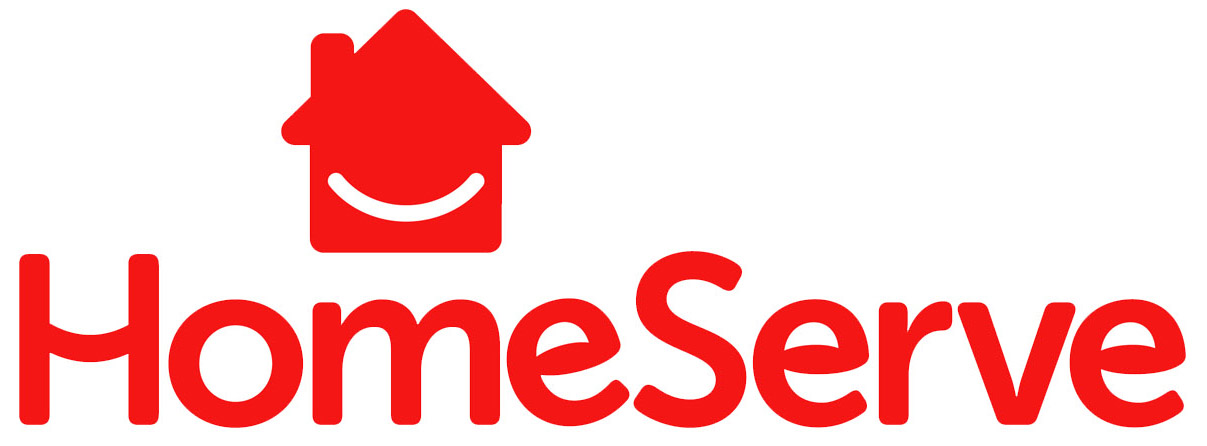There are three types of homeowners who are less likely to pursue energy efficiency measures: those who are unaware of the value of regular home maintenance and have an “if it isn’t broken, don’t fix it” mentality; those who are aware of the issue, but are low- to moderate-income households who can’t afford home maintenance or upgrades; and those who are newer to home ownership and have little experience with maintenance.
Inexperienced homeowners
After putting off home buying longer than the previous generation, Millennials, those born between 1981 and 1996, have entered the housing market in big numbers – nearly 40 percent of those buying homes fall into that cohort, according to the National Association of Realtor’s Generational Trends Report 2020. Unfortunately, more than 60 percent regret buying a home, citing unexpected home maintenance costs.
In a survey conducted by The Harris Poll, more than 40 percent of Millennials expressed embarrassment over their lack of home maintenance knowledge. An astounding one-third were uncomfortable with the prospect of changing a light bulb, and more than 40 percent said they would rather spend the day at the dentist than do home maintenance projects. Is it any wonder that, when it comes to seasonal tune-ups for their HVAC systems, many are not up to speed?
Low- to moderate-income homeowners
On the other side of the spectrum, homeowners without cash to spare may be all too familiar with the benefits of home maintenance but unable to afford it. These homeowners will frequently make “Band-Aid” repairs, even though upgrading to high efficiency gas equipment or an electric heat pump system would be more cost effective and provide greater comfort in the long run.
Even before the economic downturn, 71 percent of those working a minimum wage job had difficulty meeting their basic bills, according to a survey conducted by The Harris Poll. Financial woes are not limited to those at the bottom of the wage scale, with nearly 80 percent saying they lived paycheck-to-paycheck at least sometimes. Debt is up and savings are down across the board, with just over 50 percent saving $100 or less each month.
Those who are on fixed incomes also are at risk. One in six older adults live in poverty and half of those facing retirement have less than $10,000 in savings. The median income of retirees 65 to 74 is approximately $47,000, and that number is $37,200 for those between 65 and 69, according to U.S. News and World Report.
In a Federal Reserve survey, 40 percent of adults said they would have to borrow from family and friends or go into debt for an unexpected expense of only $400. More than 10 percent said such an expense would prevent them from paying all their bills in that month.
Resistant Homeowners
Some homeowners are comfortable with the status quo or are suspicious of their utility’s motivation in encouraging energy efficiency upgrades and don’t believe they will recoup their investment. It’s not altogether surprising that some homeowners are resistant when considering human beings are evolutionarily hardwired to see change as a threat.
To effectively build trust with these resistant homeowners, communications must convey how the change will benefit them, address their concerns and provide concrete, achievable steps toward the goal. Resistant homeowners want to communicate with someone who has relevant knowledge and expertise – they want a trusted advisor who will inform them of the pitfalls they may come across and of available options.
Providing Solutions
With an aging housing stock, it is becoming increasingly important to inform and protect homeowners unaware of, resistant to or unable to afford important maintenance and energy efficiency upgrades to their home systems. A HomeServe program that educates customers and offers affordable repair plans can be part of this solution while amplifying utilities’ energy efficiency program results.
HomeServe home repair plans provide affordable ways to address nagging home maintenance issues, both shielding low- and moderate-income homeowners from financial shock and providing opportunities for our vetted, licensed and insured local contractors to discuss upgrade recommendations to enhance energy efficiency, safety and comfort and improve customers’ awareness of available utility programs.
To learn more about how we can help you educate your customers and bring them peace of mind, contact us.

